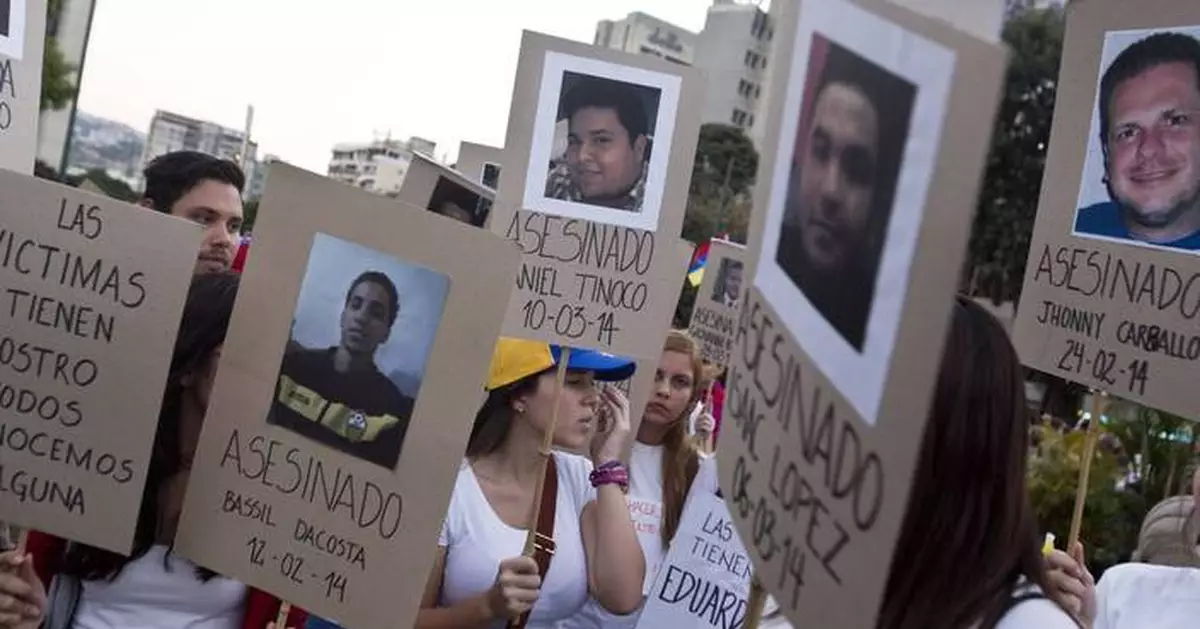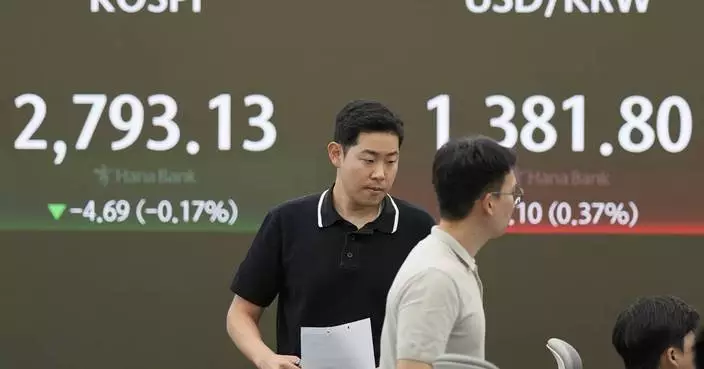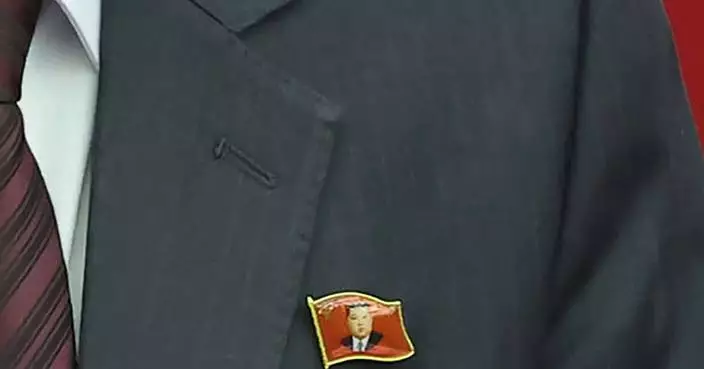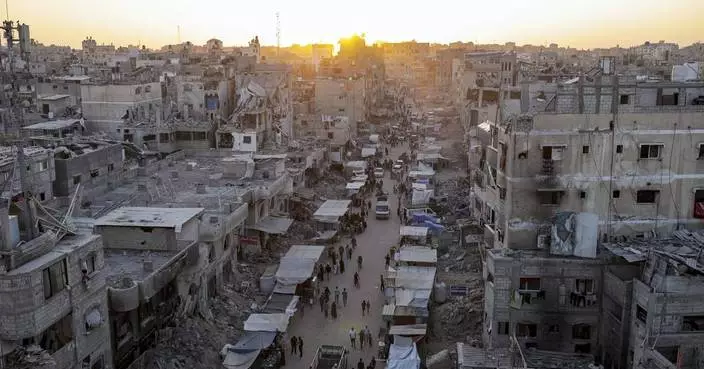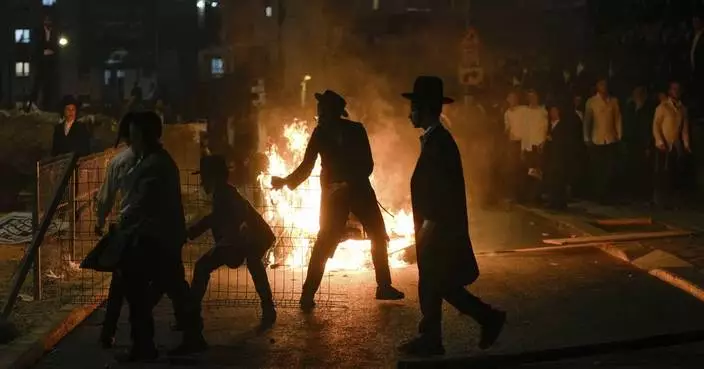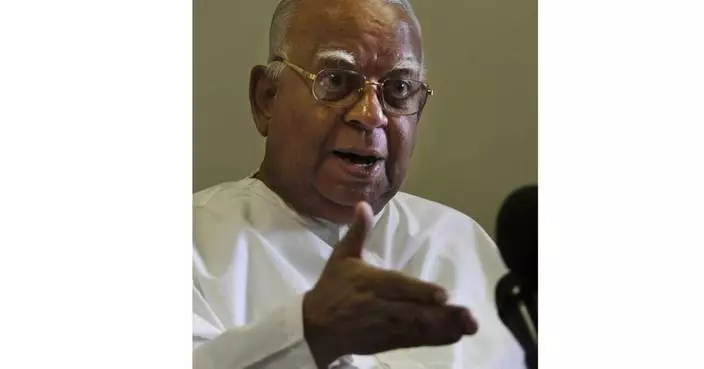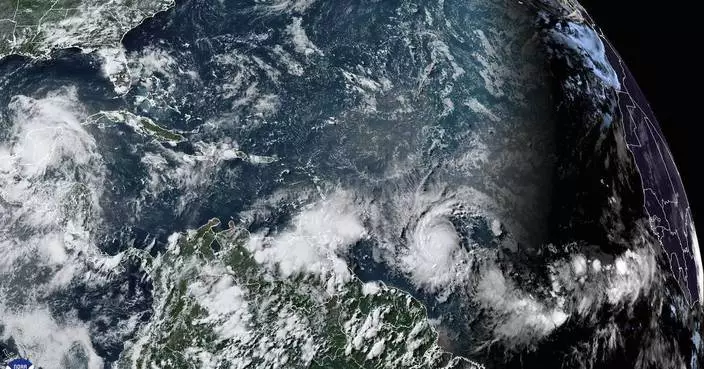BUENOS AIRES, Argentina (AP) — Frustrated by the limits of the laboriously slow International Criminal Court and determined that the security officers who allegedly killed their loved ones not enjoy absolute impunity, Venezuelans have brought their crimes-against-humanity case to a federal court 3,000 miles from home — in Argentina.
In a first for Venezuela under the repressive rule of President Nicolás Maduro, a federal court in Buenos Aires concluded two days of testimony from Venezuelan victims on Friday as part of an investigation into probable human rights abuses they claim were committed by security forces in 2014, the year after Maduro took power.
Earlier in the year, Argentine prosecutors moved to revive a criminal complaint lodged in 2023 by the Clooney Foundation for Justice on behalf of survivors and the family members of those killed in what lawyers called a “systematic plan” by the state to crush dissent.
Prosecutors declared that the crimes committed by high-ranking members of the Venezuelan National Guard were of “extreme seriousness” and required an immediate investigation.
Several people flew from Venezuela for the first pre-trial hearing, which began Thursday in Argentina — a nation that has grappled with its own legacy of war crimes and has become committed to pursuing war criminals operating beyond its borders.
“Those testifying are people who have sought justice in Venezuela for a very long time, and have reached the end of where they can go,” said Yasmine Chubin, legal advocacy director at the Clooney Foundation, a nonprofit founded by George and Amal Clooney that provides free legal support to victims of human rights abuses. “They’re continuing to fight to hold those responsible to account, and that led to us filing this case.”
Security forces used harsh tactics to clamp down on mass anti-government protests that rocked Venezuela in 2014 — arresting, torturing and killing those suspected of dissent. At least 43 people, including security officials and protesters, were killed in that crackdown.
Venezuelans have struggled to challenge Maduro in their own country, where legal experts say that cases against the government often punish low-level officers while protecting those in power.
The International Criminal Court in 2018 opened an initial investigation into abuses in Venezuela — following an unprecedented referral by five Latin American countries and Canada — but years later, the probe remains in its early stages.
In March, the Hague-based tribunal rejected Venezuela’s appeal, upholding its decision to investigate alleged atrocities committed in the country. Maduro's government denies accusations of large-scale crimes and says it's already reviewing some alleged abuses internally.
Human rights lawyers around the world have increasingly pursued cases in national courts under what is called the principle of universal jurisdiction, saying the ICC often moves too slowly to have a real-time effect on current events.
“The capacity of the ICC is limited as it can only handle a handful of cases,” said Chubin. “The scale of atrocities in Venezuela, spanning thousands of deaths and numerous other violations like persecution, arbitrary detention, torture, and sexual violence calls for a broader approach.”
Among the handful of countries that have adopted the principle in their legal systems, Argentina stands out in the region for its unusually favorable record of applying the legal concept to investigate alleged crimes against humanity committed in Spain, Nicaragua and Myanmar.
The foundation said it chose to file its case — complete with 15,000 pages of documentation — in Argentina because of the country's proximity to Venezuela, its large community of Venezuelan immigrants, and its broad interpretation of universal jurisdiction, a product of its 1983 transition to democracy from a brutal military dictatorship.
Under the legal principle, neither the defendants nor the plaintiffs need to be residents of the country where the trial is held. The foundation declined to provide details about the Venezuelans who testified Friday, citing the continued dangers facing them at home.
There’s no saying how long the process might take, but lawyers say they’re encouraged by the speed with which Argentina decided to launch its investigation — just one month after the foundation filed its complaint. While the case is unlikely to produce arrests ahead of Venezuela's elections on July 28, any risk of a messy dispute in the Argentine courts could overshadow the vote.
“Depending on the situation with universal jurisdiction, you might be looking for symbolic results. That's not our case,” said Ignacio Jovtis, senior program manager at the Clooney Foundation for Justice. “We are very determined to see things through to completion and achieve concrete results.”
In other words, Jovtis said, the plaintiffs hope to see senior Venezuelan security officials extradited and standing trial in Buenos Aires. The foundation has declined to publicly name the accused, wary of giving the defendants advance notice of the case against them.
The Argentine federal prosecutor who took on the case, Carlos Stornelli, could not immediately be reached for comment.
The hourslong hearings Thursday and Friday exhausted the plaintiffs, many of whom broke down as they recounted horrors that they endured, Chubin said. But in the Buenos Aires court on Friday, they said they felt something like hope.
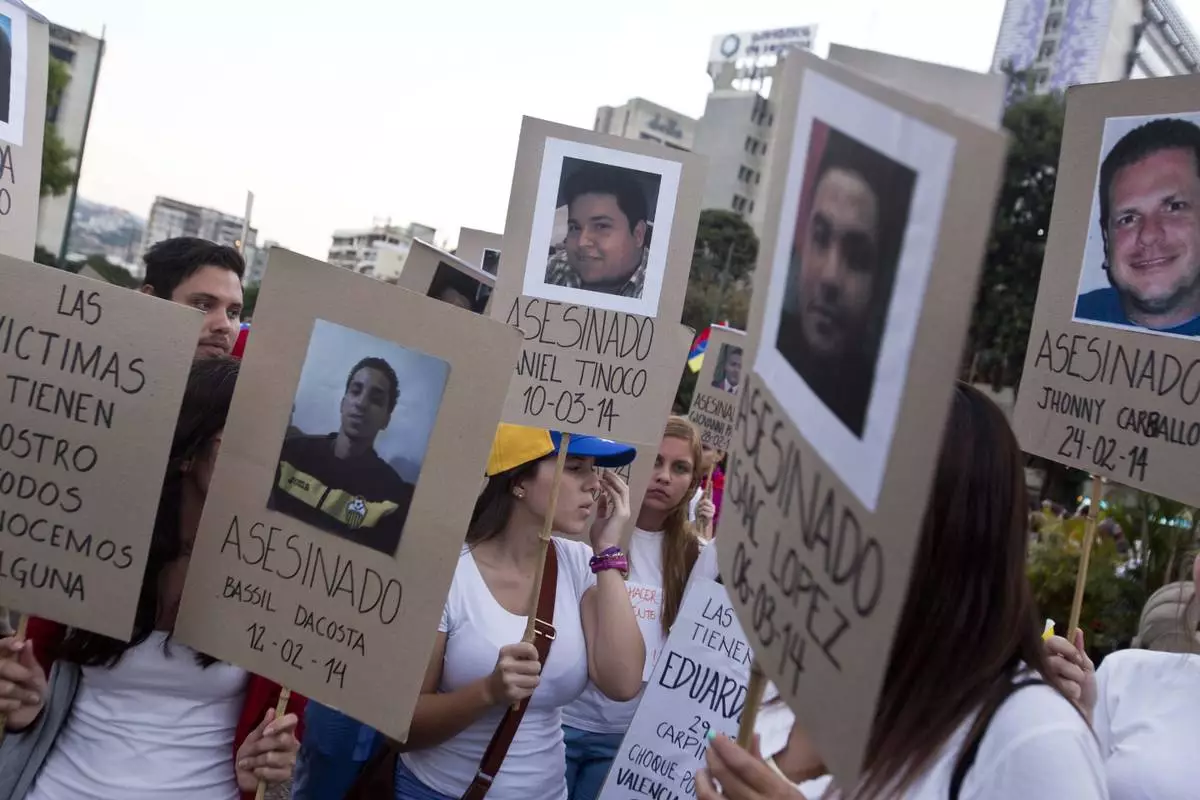
FILE - Demonstrators holds cardboard posters showing images of family and friends killed during anti-government protests, in Caracas, Venezuela, March 18, 2014. An Argentine federal court in Buenos Aires on June 28, 2024, concluded testimony from Venezuelan victims as part of an investigation into probable human rights abuses allegedly committed by security forces during the 2014 clampdown on mass anti-government protests. (AP Photo/Esteban Felix, File)


